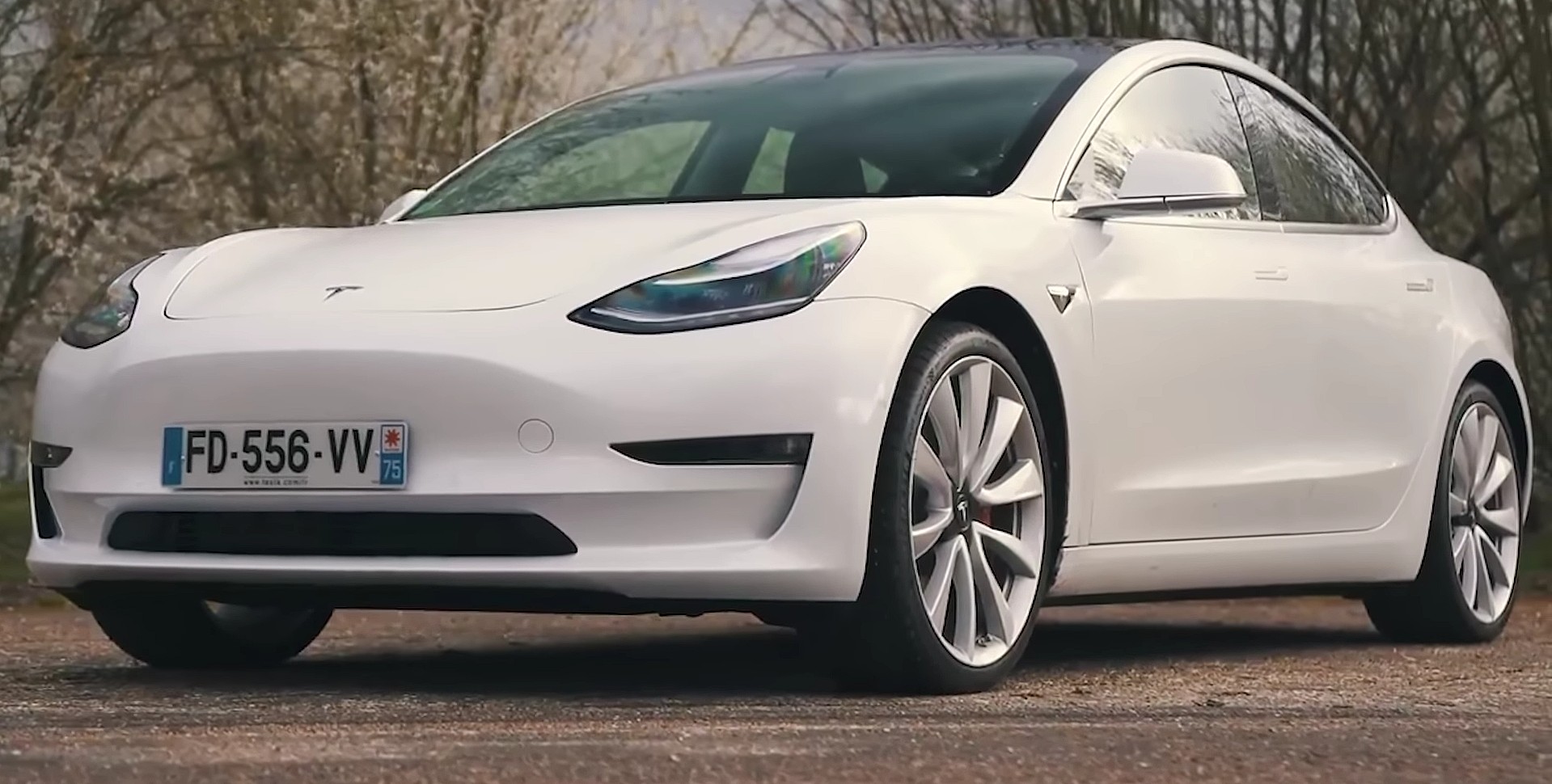In the ever-evolving world of automotive technology, Electronic Control Units (ECUs) play a pivotal role in ensuring the smooth operation and optimal performance of vehicles. These sophisticated electronic devices act as the automotive brain, orchestrating various subsystems and components to deliver a seamless driving experience. In this article, we delve into the realm of ECUs, shedding light on their significance, the multitude of ECUs present in a car, and their impact on the overall functionality of modern vehicles.
- The Essence of ECUs:
Electronic Control Units, also known as ECUs, are embedded systems that control and regulate a wide array of functions within a vehicle. These compact devices are responsible for managing critical aspects such as engine performance, transmission, braking, safety systems, infotainment, and more. By continuously monitoring and adjusting parameters, ECUs optimize efficiency, enhance safety, and provide a personalized driving experience. - The Multitude of ECUs in a Car:
Modern cars are equipped with a complex network of ECUs, each dedicated to a specific subsystem or component. Let's explore some of the key ECUs commonly found in vehicles: a. Engine Control Unit (ECU):
The Engine Control Unit is the heart of a car's powertrain system. It regulates fuel injection, ignition timing, air-fuel mixture, and other parameters to ensure optimal engine performance, fuel efficiency, and emissions control. b. Transmission Control Unit (TCU):
The Transmission Control Unit manages the shifting of gears in automatic and semi-automatic transmissions. It analyzes various inputs such as vehicle speed, engine load, and driver behavior to determine the appropriate gear selection for smooth and efficient power delivery. c. Anti-lock Braking System Control Unit (ABS ECU):
The ABS ECU monitors wheel speed sensors and modulates brake pressure to prevent wheel lock-up during braking. It enhances vehicle stability and control, especially in emergency braking situations. d. Airbag Control Unit (ACU):
The Airbag Control Unit is responsible for deploying airbags in the event of a collision. It receives inputs from crash sensors and deploys airbags within milliseconds to protect occupants from potential injuries. e. Infotainment Control Unit (ICU):
The Infotainment Control Unit integrates various entertainment and communication features in a car, including audio systems, navigation, connectivity, and climate control. It provides a seamless user interface and enhances the overall driving experience. - The Impact of ECUs on Vehicle Functionality:
The presence of multiple ECUs in a car enables advanced functionalities and improved performance. Here are some notable impacts of ECUs on vehicle functionality: a. Enhanced Safety:
ECUs, such as the ABS ECU and ACU, contribute to improved safety by actively monitoring and responding to critical situations. They help prevent accidents, minimize injuries, and protect occupants. b. Optimal Performance and Efficiency:
Through precise control of engine parameters, ECUs optimize power delivery, fuel efficiency, and emissions. They ensure the engine operates within its optimal range, resulting in improved performance and reduced environmental impact. c. Personalized Driving Experience:
ECUs, particularly in modern cars, allow for customization and personalization of various settings. From seat positions and climate control to audio preferences, ECUs store and recall individual driver profiles, enhancing comfort and convenience.
Conclusion:
Electronic Control Units (ECUs) serve as the backbone of modern automotive systems, orchestrating the intricate interplay of various subsystems and components. From engine performance to safety systems and infotainment, ECUs play a crucial role in delivering a seamless driving experience. Understanding the multitude of ECUs present in a car and their impact on vehicle functionality provides valuable insights into the ever-advancing automotive technology landscape. As the automotive industry continues to evolve, ECUs will undoubtedly remain at the forefront of innovation, driving the future of mobility.


